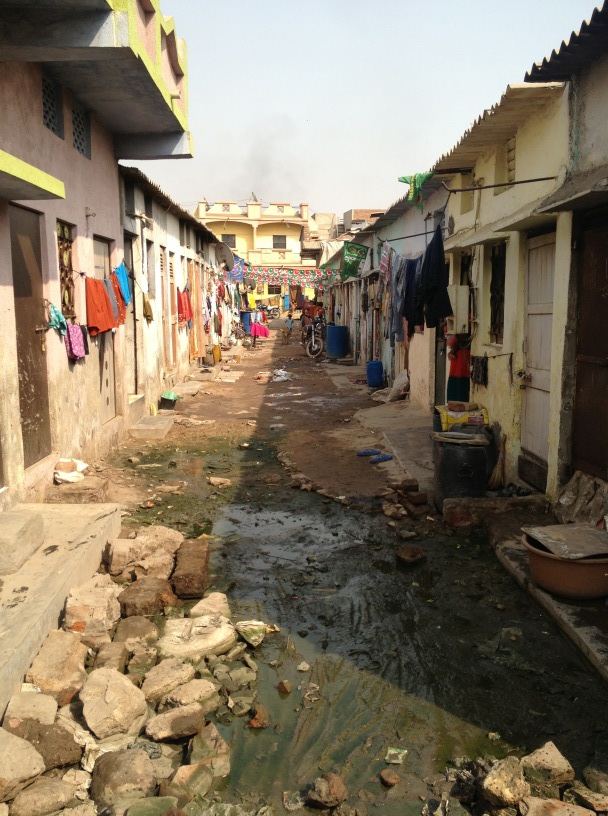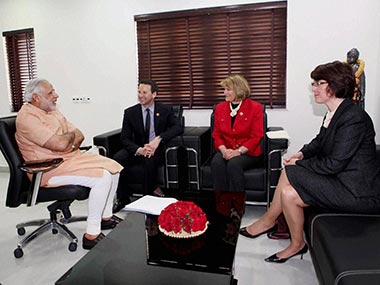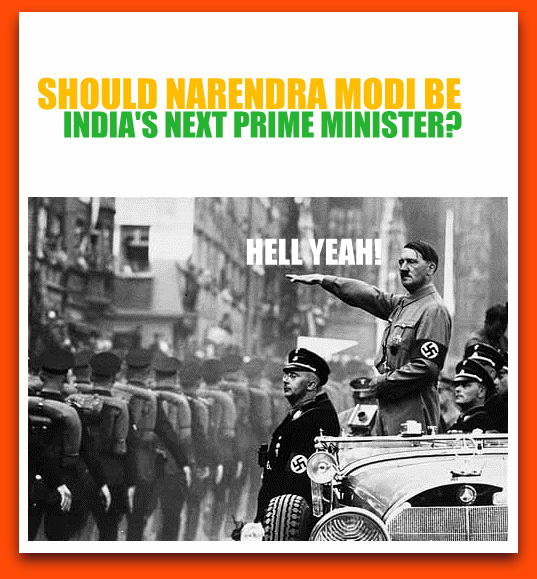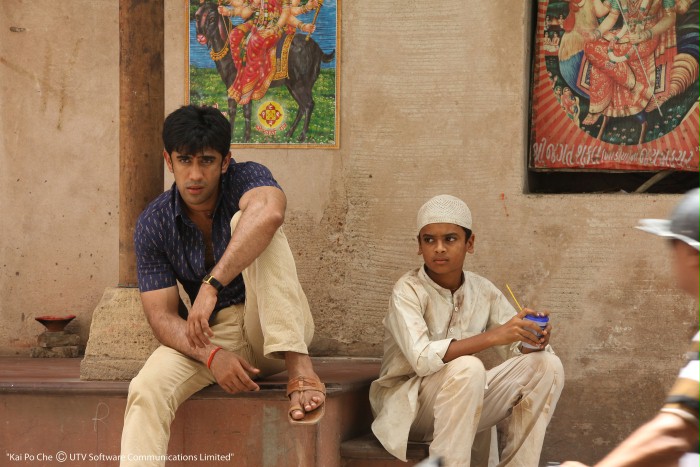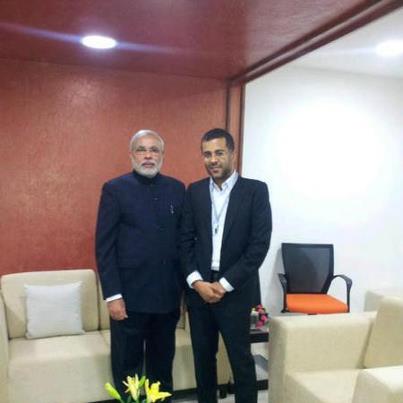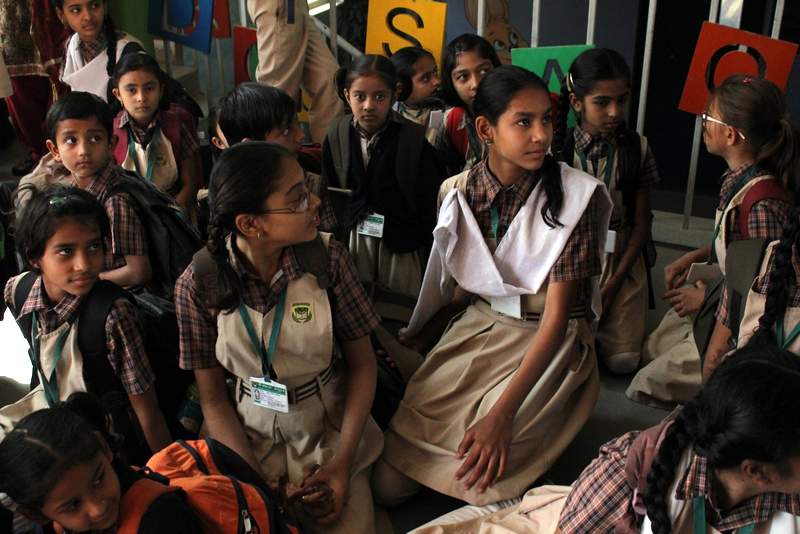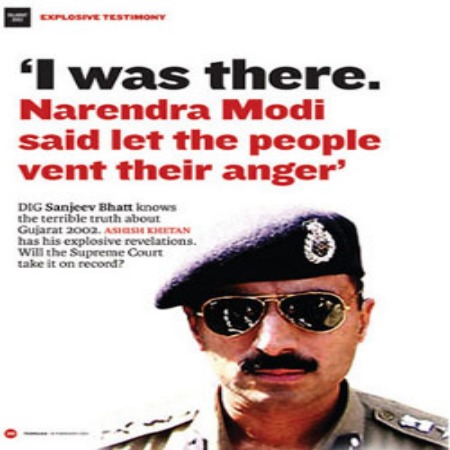Received via Maya John, the following statement was issued by over 250 historians and concerned scholars, protesting against the blatantly ideologically driven agenda of the present government in deleting chapters and sections of the school textbooks.
The recent decision of the National Council of Educational Research and Training (NCERT) to drop entire chapters from the history textbooks for class 12, as well as from other classes and to delete statements from other textbooks is a matter of deep concern. Using the period of the pandemic-cum-lockdowns to argue that there was a need to lighten the load of the curriculum, the NCERT initiated a contentious process of dropping topics like the history of the Mughal courts, the 2002 communal riots in Gujarat, the Emergency, mention of Dalit writers, the Naxalite movement, and the fight for equality from social science, history, and political science textbooks of classes 6 to 12. The new editions of these NCERT books have simply made the deletions the norm even when we are in a post-pandemic context in which school education has limped back to normalcy and is no longer in the online mode.
Continue reading Statement by Historians and Concerned Scholars on Recent Changes Made by NCERT in Textbooks

